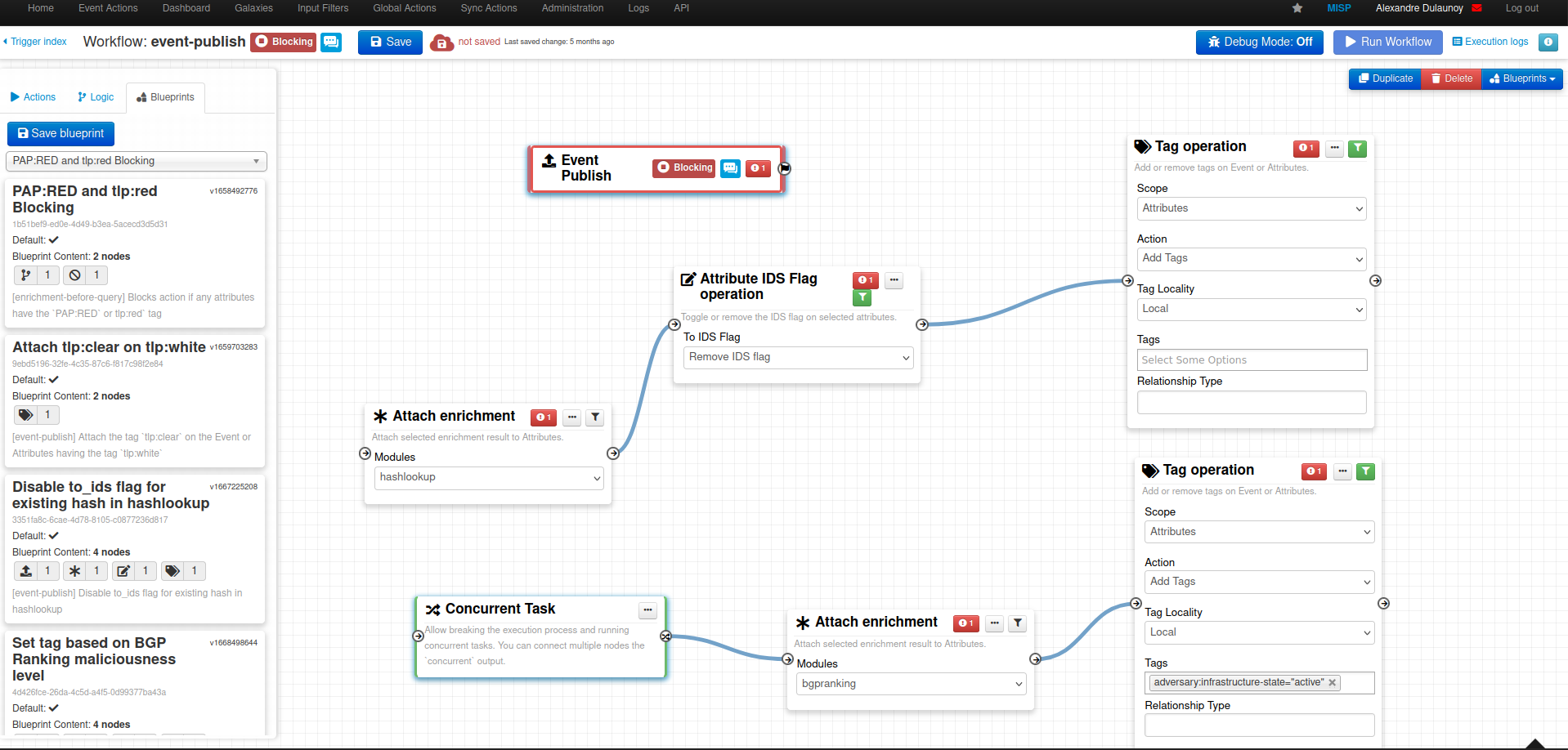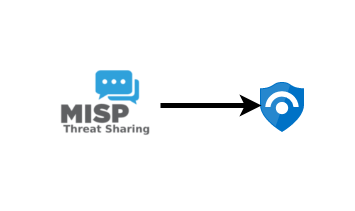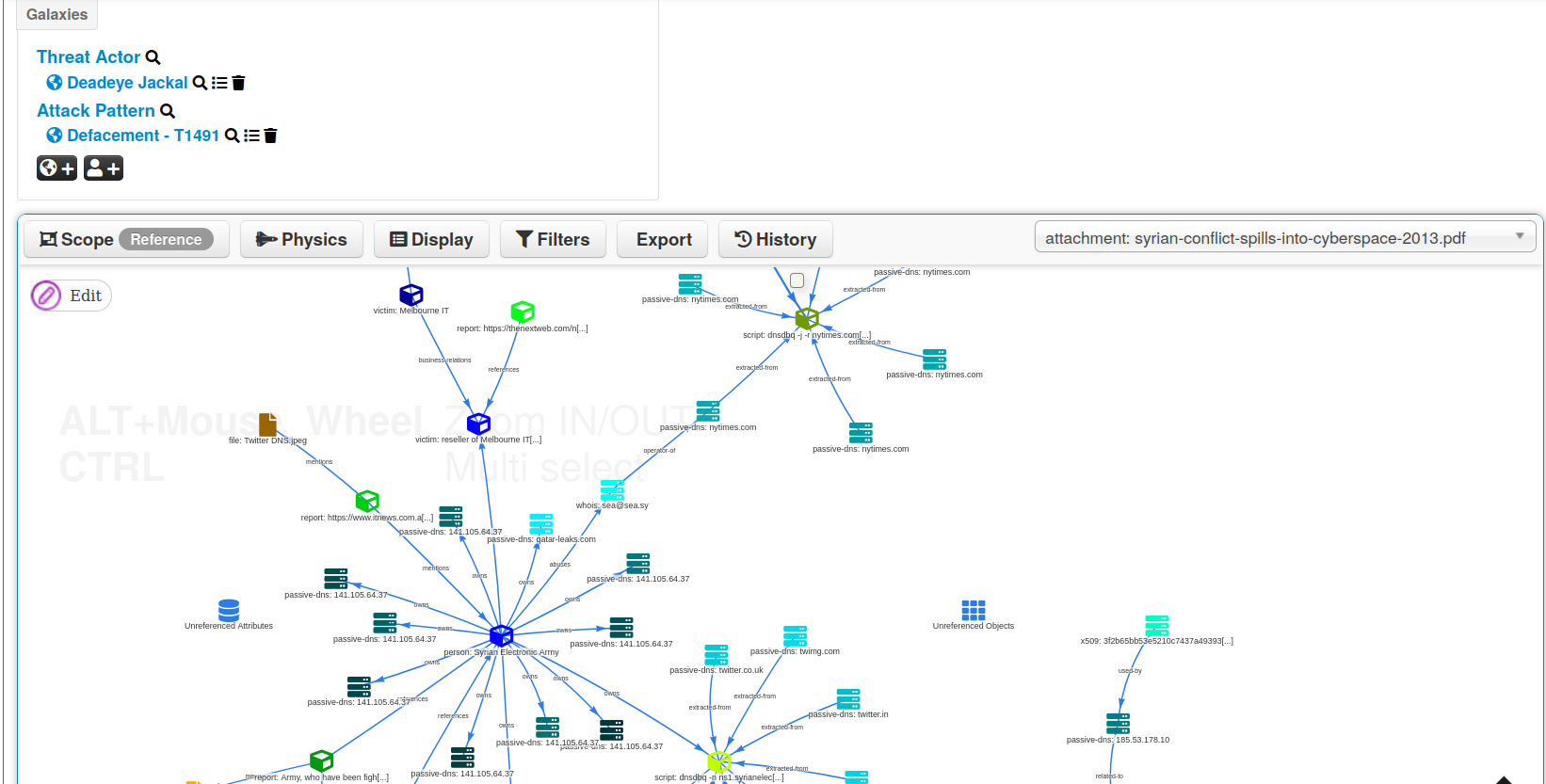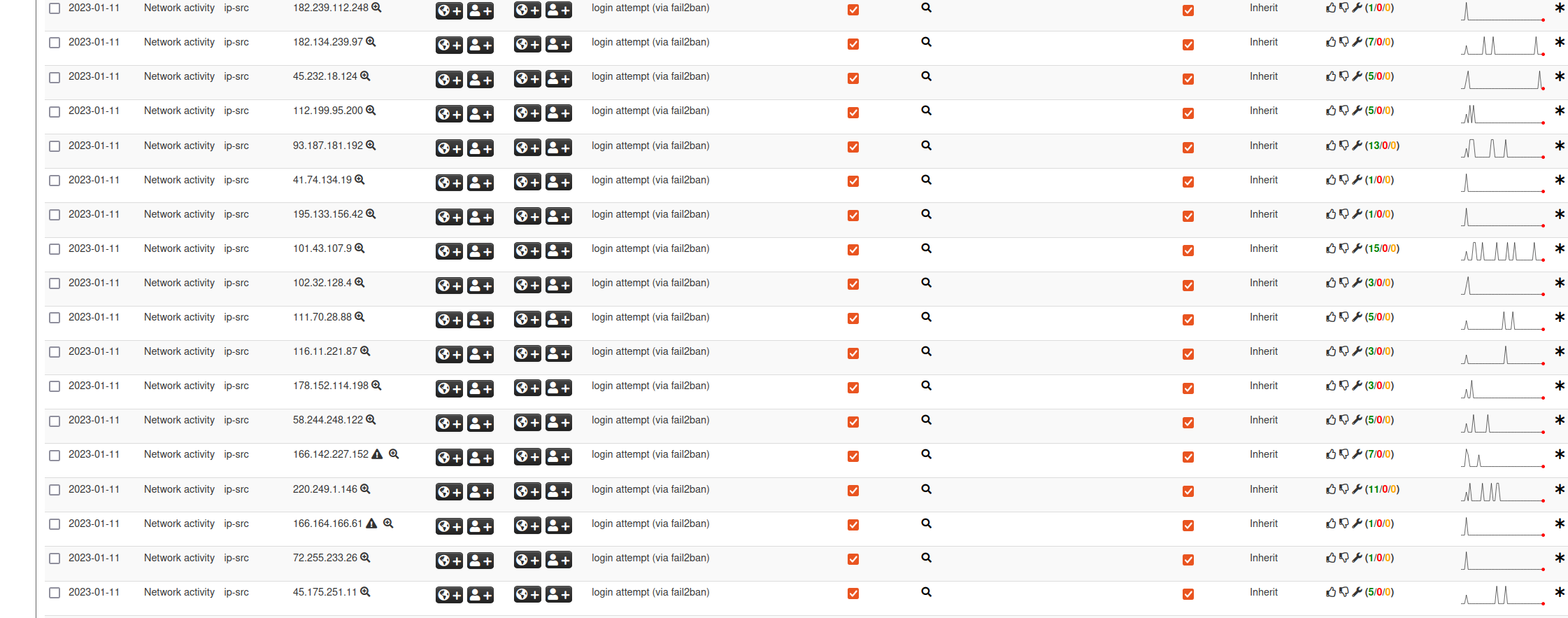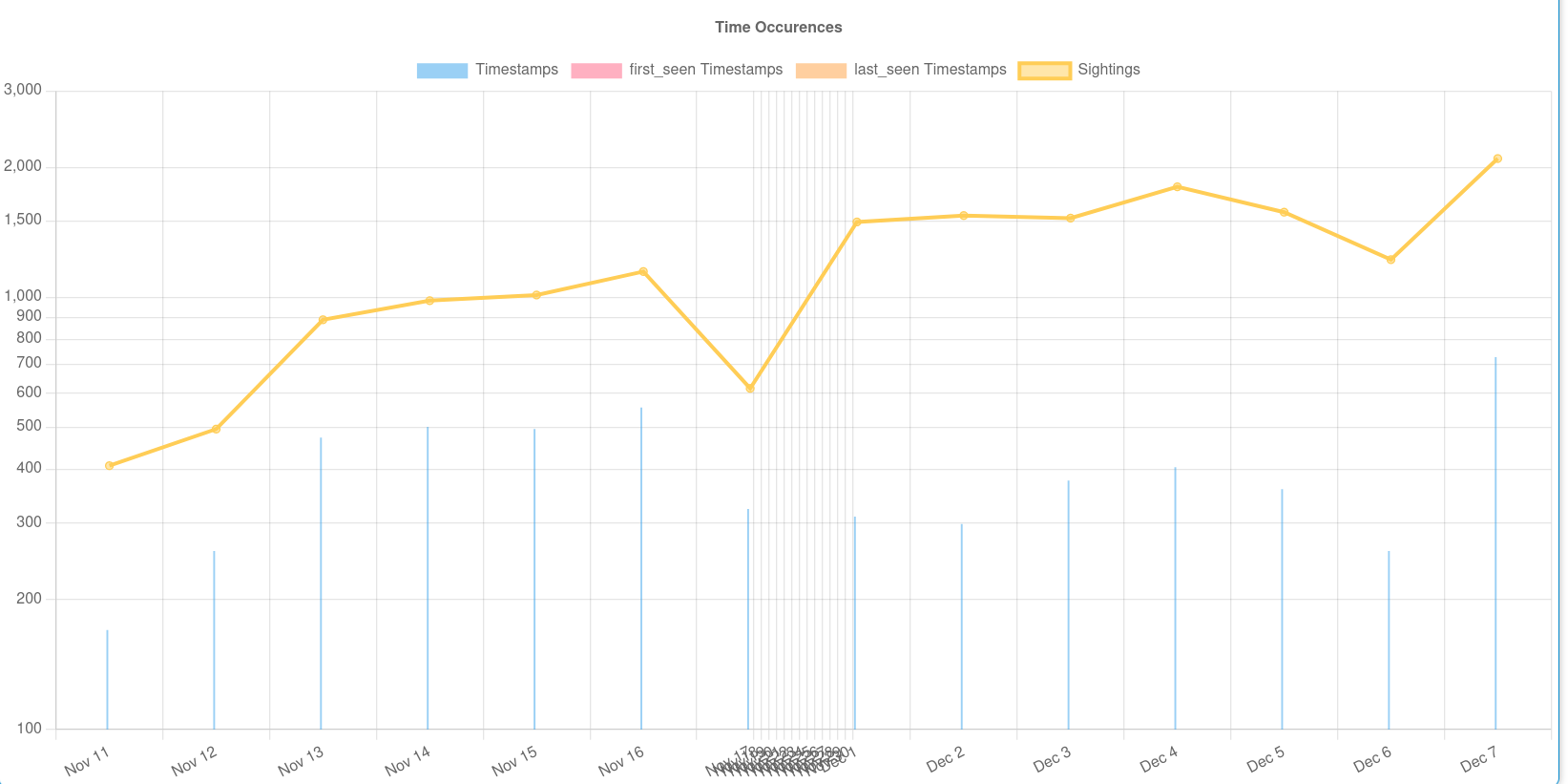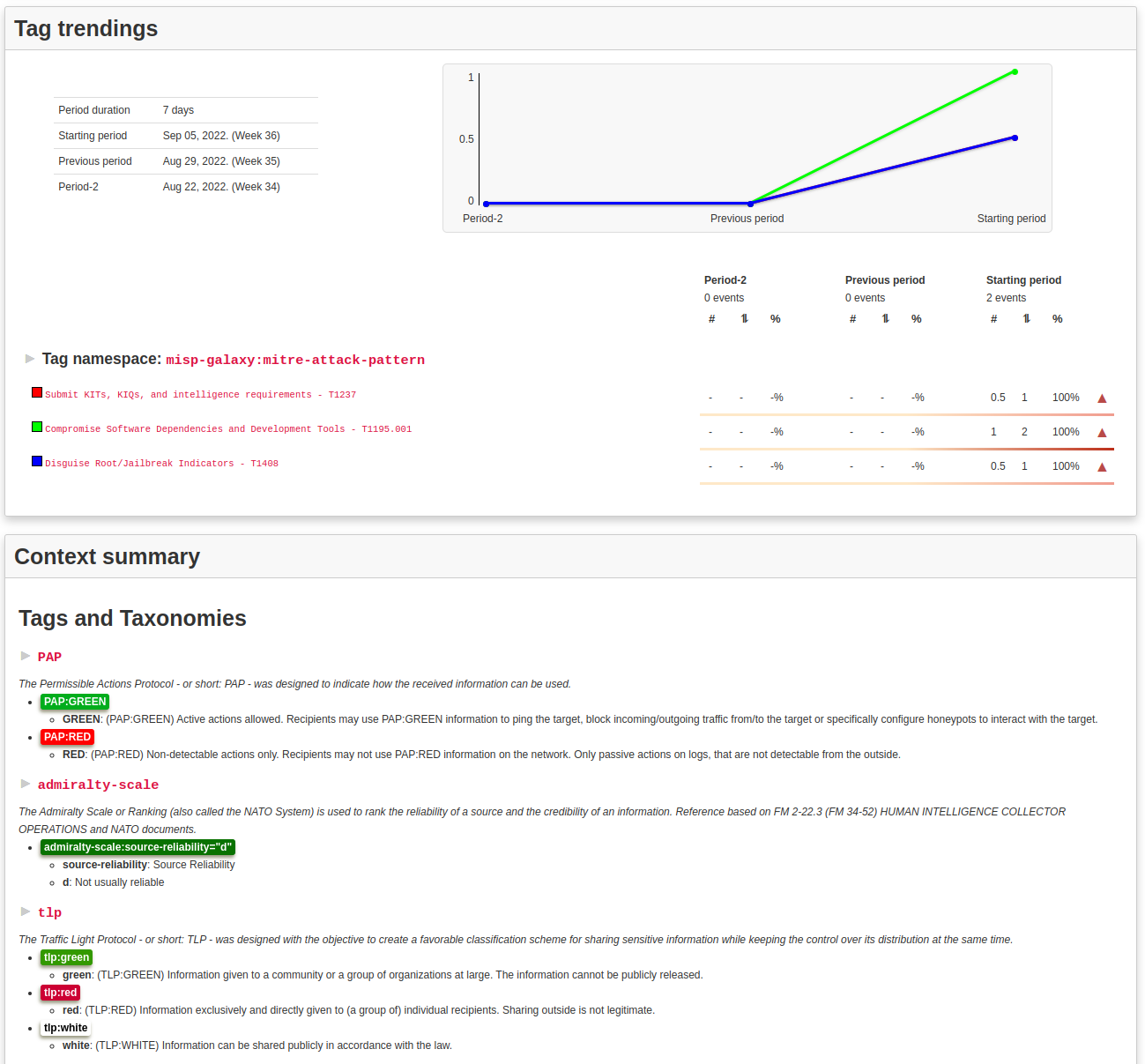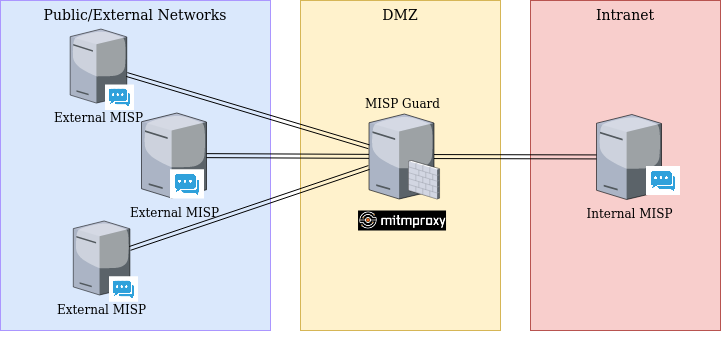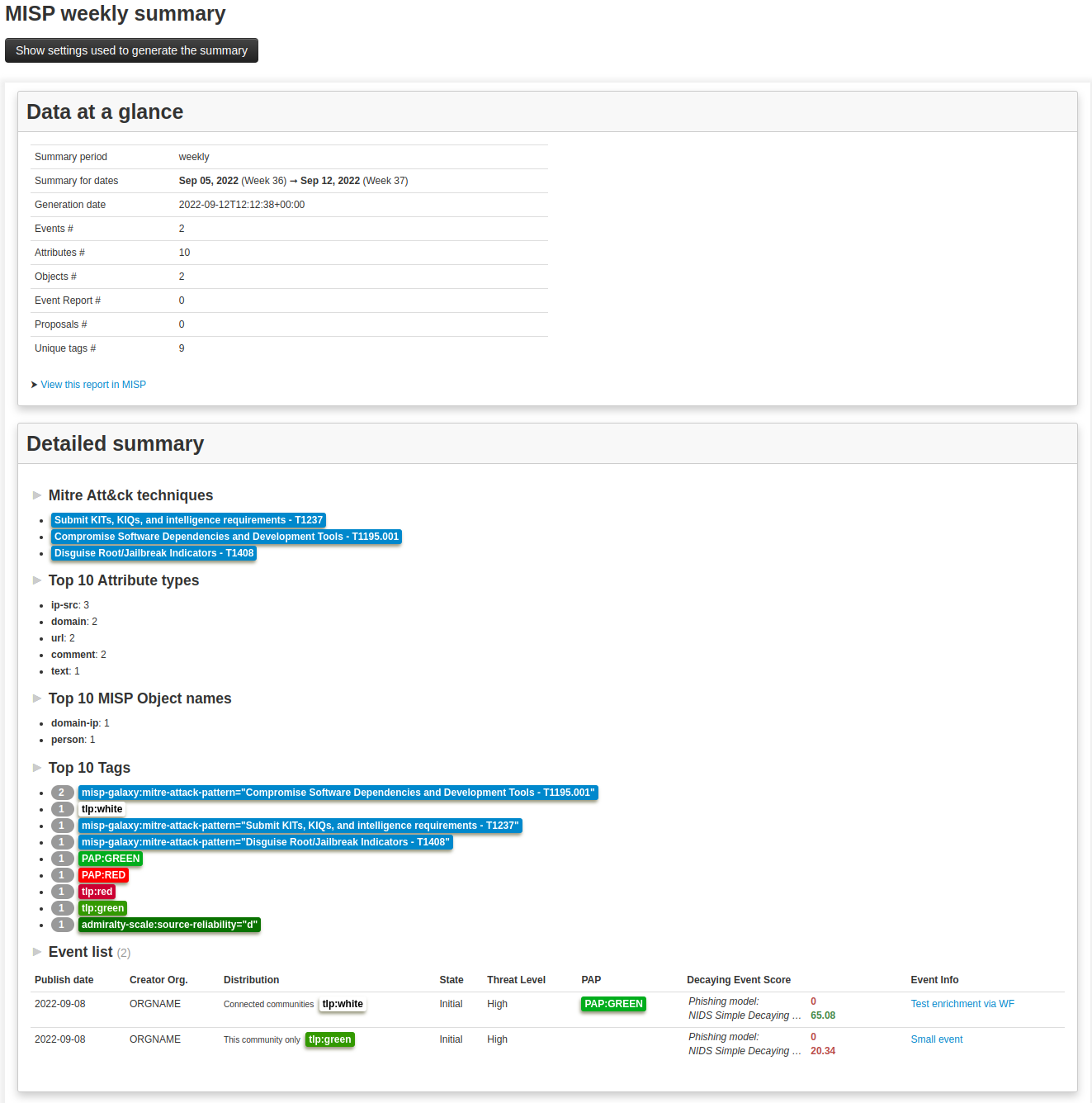MISP 2.4.170 released with new features, workflow improvements and bugs fixed
We are pleased to announce the immediate availability of MISP v2.4.170 with new features, workflow improvements and bugs fixed.
It includes many improvement release of misp-stix, the core Python library for importing and exporting STIX (1, 2.0 and 2.1).





